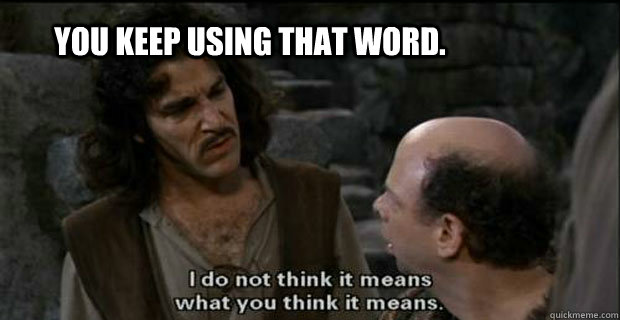HOMONYMS, HOMOPHONES, AND MORE!
Most of you are probably familiar with what a "homonym" is: two words which share the same spelling and the same pronunciation, but have different meanings.
e.g. Well, he was feeling ill after he fell into the well, but now that he's had a few days to recover, he's feeling quite well again.
Homophones, however, are words that share the same pronunciation, but not the same spelling or meaning. This is one of the most common typos I have seen in recent days.

And, while I am not silently correcting your grammar when you speak (because, how would I know if you were spelling it incorrectly in your head as you say it?) Here are a few of the ones I've seen recently that do make me just a tad twitchy:
Apart/A Part
Apart: to be separated from one anotherA Part: to be included in something
If you and your family live across the country from each other, you are APART from your family.
If you are adopted into a family, you become A PART of that family.
Lightning/Lightening
Lightning: the flash of light that comes shortly before the crash of thunder in a stormLightening: (technically, this is how "lightning" was spelled many years ago (in a galaxy far far away). However, modern times define this word to mean: the descent of the uterus into the pelvic category in the last weeks of pregnancy, helping the mother breathe more easily.
(you can see why using "lightening" incorrectly might cause me to giggle a bit)
You might go inside when it starts raining because you don't want to be struck by LIGHTNING.
However, when the sun comes back out, the day might LIGHTEN.
Or, you could probably take a few of those bags off your horse, thereby LIGHTENING his load - though technically that usage is not currently in the dictionary.
Complement/Compliment
Complement: things that go well togetherCompliment: to praise someone for something they have done/said
The colors she chose for her house COMPLEMENTED her personality well.
She paid him a nice COMPLIMENT when she said he was a good speller.
Stationary/Stationery
Stationary: to remain at a stand-still, to be incapable of movementStationery: nice paper to write notes on
I can't believe how often I've run my car into STATIONARY objects.
The STATIONERY for the wedding invitations was beautiful.
To/Too
To: a preposition that explains motion in some kind of directionToo: in addition, also, of a higher degree
She was excited TO be allowed TO go TO the party.
The cake at the party had TOO much ice cream, and she felt sick after eating it, TOO.
Its/It's
Its: belonging to something (this is one of the only times where you do NOT need an apostrophe to show possession... what can I say, English rules always have an exception)It's: the contraction for "it is"
The house lost most of ITS shingles in the wind storm.
IT'S going to cost a lot to get the roof replaced.
Summery/Summary
Summery: of, pertaining to, or about the season of SummerSummary: a brief description of a story, a synopsis
The warm, SUMMERY breeze wafting in from over the ocean felt very nice after a long, wet Spring.
The detective wrote a brief SUMMARY in his report of all his findings, and then went out for dinner with his colleagues.
There/Their/They're
There: in, at, or to a place or positionTheir: belonging to themThey're: the contraction for "they are"
Put the book down right THERE.
Will you be staying at THEIR house while you are on vacation?
THEY'RE all going to the movies without me.
(these next few are not technically homophones, as they are supposed to be pronounced slightly differently, but they are close enough to warrant being included in this post)
Then/Than
Then: at a time in question, after something else happens, in that case, therefore. PRONOUNCED with a short "e" soundThan: used to introduce a second element in a comparison, contrast, or exception; occasionally used to show that one thing happens immediately after another. PRONOUNCED with a short "a" sound.
I cannot go to a movie until after my homework is finished, but if you want to wait until THEN, I can join you. If you are okay with that, THEN I will meet you at 7pm.
I would rather eat fruits THAN vegetables. I like chocolate better THAN vanilla. Scarcely had the work begun on the experiment THAN it was abandoned due to a horrible cockroach infestation in the lab.
Lose/LooseLose: to misplace, be unable to find, to have lost something. PRONOUNCED with a "z" sound at the endLoose: to be baggy, ill-fitting, the opposite of tight. PRONOUNCED with a soft "s" sound at the endIf you misplace your keys on a regular basis, you LOSE them.If your pants need a belt, they are LOOSE.Breath/BreatheBreath (a noun): an inhalation or exhalation from the lungs. PRONOUNCED with a short "e" sound and a soft "th" sound. Rhymes with "death"Breathe (a verb): the act of inhaling and exhaling. PRONOUNCED with a long "e" sound and a hard "th" at the end (like in the word "the." Rhymes with "sheathe"She took a deep BREATH and then dove into the water.He had to work very hard not to BREATHE in any of the toxic fumes from the experiment he was working on.
This is, of course, not at all a complete list. But they are the ones I've noticed cropping up a lot lately. You can find a longer list here.
I think it is also worth mentioning that "should of," "could of," and "would of," are completely incorrect and not actual usages at all. The correct spelling is "should've, could've, and would've" as these are supposed to be contractions for the combinations: should have, could have, and would have.
And, because I absolutely cannot resist

How about you, dear reader? What are some homophones you've noticed being used improperly? Which ones bother you the most?
